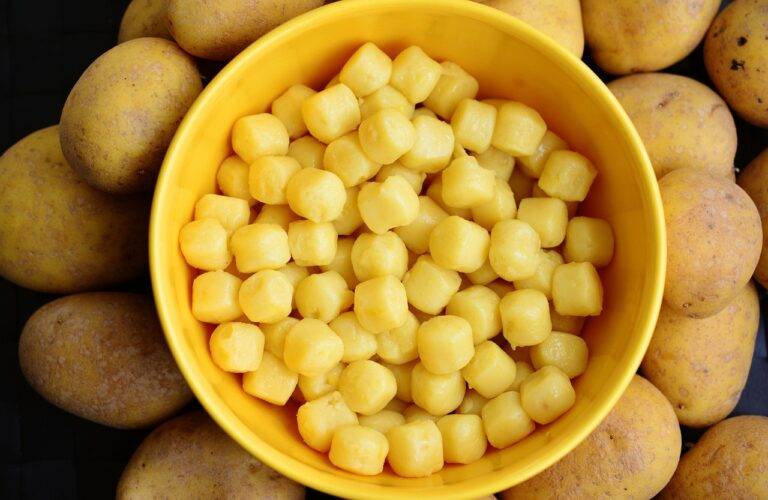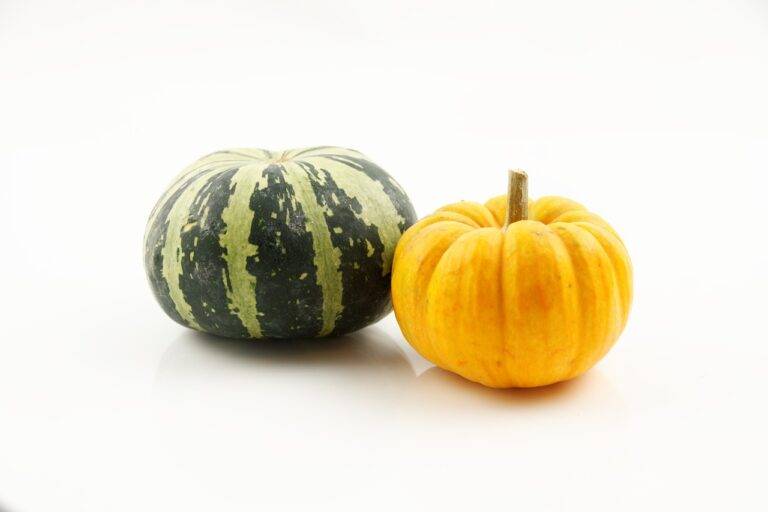The Role of Juices in Vegan and Plant-based Diets: All pannel .com, Play99exch win login, Gold365
all pannel .com, play99exch win login, gold365: Juices play a significant role in vegan and plant-based diets, providing a convenient and delicious way to pack in essential nutrients. Whether you’re looking to boost your intake of vitamins and minerals or simply add more variety to your diet, incorporating juices can be a great way to achieve your health goals. In this article, we’ll explore the benefits of juices in vegan and plant-based diets and how they can help you thrive on a plant-based lifestyle.
Benefits of Juices in Vegan and Plant-Based Diets
1. Nutrient-Rich
Juices are a concentrated source of vitamins, minerals, and antioxidants, making them an excellent way to increase your nutrient intake. By combining a variety of fruits and vegetables in your juices, you can easily meet your daily requirements for essential nutrients like vitamin C, vitamin A, potassium, and folate.
2. Hydration
Staying hydrated is crucial for overall health, and juices can contribute to your daily fluid intake. Fruits and vegetables have a high water content, making them a hydrating choice to quench your thirst and keep your body functioning optimally.
3. Digestive Health
The fiber content in whole fruits and vegetables is beneficial for digestion, but juices can also offer digestive benefits. Juices are easier for the body to digest, allowing for better absorption of nutrients and potentially reducing digestive discomfort for some individuals.
4. Antioxidant Support
Antioxidants are essential for protecting cells from damage caused by free radicals. Fruits and vegetables are rich in antioxidants, and juicing can help you increase your antioxidant intake to support overall health and reduce inflammation in the body.
5. Weight Management
Juices can be a valuable tool for weight management in vegan and plant-based diets. By incorporating low-calorie, nutrient-dense juices into your daily routine, you can promote satiety, reduce cravings for unhealthy snacks, and support your weight loss or maintenance goals.
6. Energy Boost
The vitamins and minerals found in fruits and vegetables play a crucial role in energy production in the body. Juices can provide a quick and convenient way to increase your energy levels and combat fatigue, making them an excellent choice for busy days or intense workouts.
How to Incorporate Juices into Your Diet
1. Start Your Day with a Green Juice
Kickstart your morning with a nutrient-packed green juice made from leafy greens like kale or spinach, cucumber, celery, lemon, and ginger. Green juices are detoxifying, energizing, and a great way to alkalize your body first thing in the morning.
2. Use Juices as Snacks or Meal Replacements
When you’re on the go or in need of a quick and nutritious snack, reach for a fresh juice instead of processed foods. Juices can also be used as meal replacements for a light and refreshing option that won’t weigh you down.
3. Experiment with Different Combinations
Get creative with your juices by trying out different combinations of fruits, vegetables, herbs, and spices. Mix and match ingredients to find new flavors and nutrient profiles that you enjoy, keeping your taste buds excited and your body nourished.
4. Tailor Juices to Your Nutritional Needs
Consider your specific nutritional needs when preparing juices. If you’re looking to boost your immune system, add citrus fruits like oranges and grapefruits. For glowing skin, include ingredients rich in vitamin E like avocado and almonds.
5. Invest in a Quality Juicer
Invest in a good quality juicer to make the juicing process easier and more efficient. Cold-pressed juicers are recommended for preserving the maximum nutritional value of your juices, ensuring that you get the most benefits from your ingredients.
6. Don’t Forget Fiber
While juicing removes the fiber from fruits and vegetables, you can still incorporate fiber into your diet through other sources like whole fruits, vegetables, nuts, seeds, and whole grains. Aim for a balance of fiber-rich foods along with your juices to support digestive health.
FAQs
Q: Are juices a suitable replacement for whole fruits and vegetables in a vegan or plant-based diet?
A: While juices can be a convenient way to increase your nutrient intake, they should not be used as a complete replacement for whole fruits and vegetables. Whole fruits and vegetables provide essential fiber and other nutrients that may be lost during the juicing process.
Q: Can I juice every day?
A: Juicing can be enjoyed daily as part of a healthy diet, but it’s essential to balance your intake with whole foods to ensure you’re getting a variety of nutrients. Aim to include a mix of juices and whole fruits and vegetables in your daily routine for optimal health benefits.
Q: Are store-bought juices as beneficial as freshly juiced ones?
A: Freshly juiced fruits and vegetables contain higher levels of nutrients compared to store-bought juices, which may undergo pasteurization and contain added sugars or preservatives. For the most nutritional benefits, opt for homemade juices using fresh, organic produce.
In conclusion, juices can play a valuable role in vegan and plant-based diets by providing a convenient and nutrient-rich way to boost your intake of essential vitamins and minerals. By incorporating a variety of juices into your daily routine and experimenting with different combinations, you can reap the benefits of improved hydration, digestion, energy levels, and overall health. Embrace the power of juices as a delicious and nourishing addition to your plant-based lifestyle.







